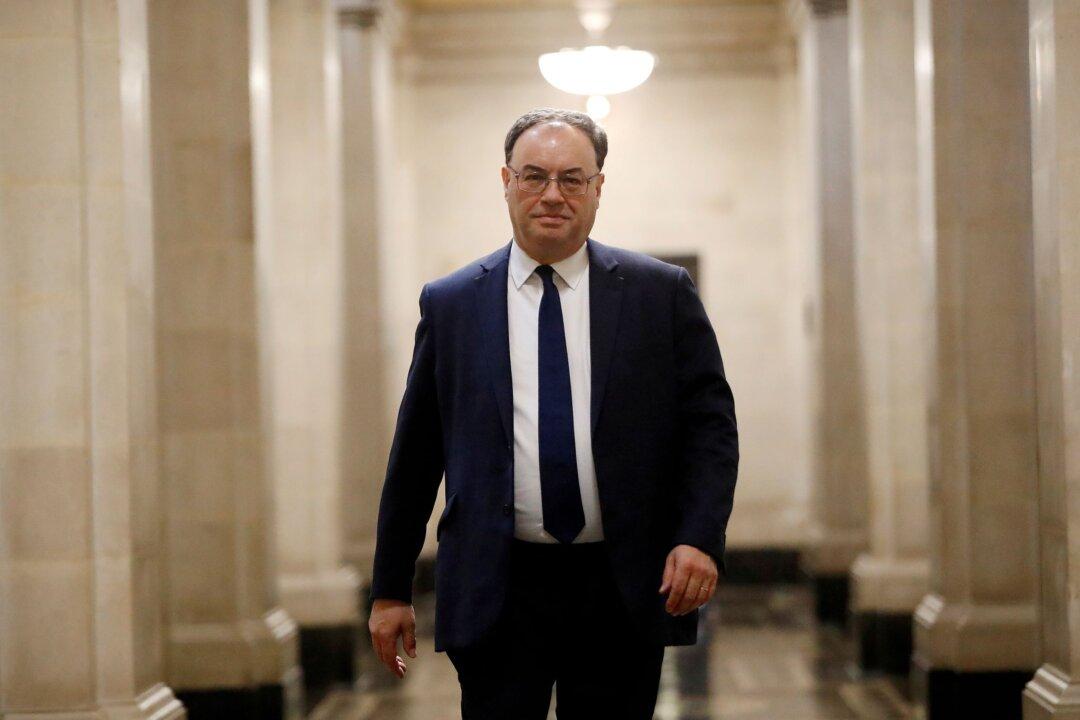The Bank of England governor has recommended workers not to demand pay raises as the country battles decades-high inflation, and wage increases as such could result in a wage-price spiral that will end up hurting the economy even more.
“I’m not saying nobody gets a pay rise, don’t get me wrong, but I think, what I am saying, is we do need to see restraint in pay bargaining otherwise it will get out of control,” Governor Andrew Bailey told BBC 4 radio in an interview broadcast on Friday.





